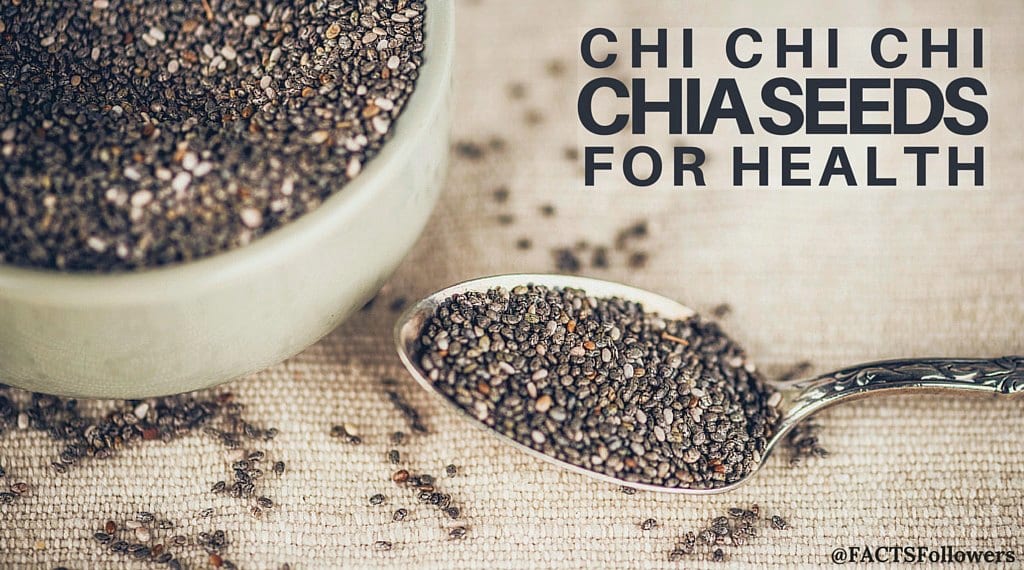I have a riddle: What’s only 1 mm in length, created a cult indoor garden classic, and can be added to a variety of foods and drinks for a nutritional lift? If you guessed chi-chi-chi-chia seeds, then you guessed right!
Originating in Central America and a staple in the ancient Aztec diet, the chia plant is part of the mint family, which also includes sage and rosemary. While they’re small in size, they pack a huge nutritional punch. This well-rounded little seed contains carbohydrates, protein, fats, and fiber. Its heart-healthy fats are mostly polyunsaturated, which helps to reduce bad cholesterol. It’s also a great source of bone-healthy magnesium, phosphorous, and calcium. In fact, one ounce of chia seeds contains 179 mg of calcium—that’s more than half the amount in an 8-oz. glass of milk. And that’s not all!
Have trouble getting fiber into your diet? Throw these little seeds into your yogurt, and you’ve already added 9 grams of fiber to your daily intake. The Institute of Medicine (IOM) recommends that people of all ages consume 14 grams of fiber for each 1,000 calories they take in. So for the standard 2,000-calorie diet, that’s almost 30 grams. Unfortunately, most Americans get only about half the recommended amount. Along with maintaining a healthy digestive tract, consuming fiber is associated with reduced risk of heart disease and cancer. Try eating three to five servings of fruits and veggies a day, as well as eating whole grains. If you need an extra fiber push, add 2 tablespoons of chia seeds to some yogurt or a smoothie.
With all of these benefits, chia seeds are really a nutritional powerhouse. But let’s keep the benefits of chia seeds relative to its serving size: A serving of chia seeds is 1 ounce, or 2 tablespoons, which adds the perfect textural crunch to many foods. So if you are looking to maximize the benefits of chia seeds by adding more than just a standard serving, keep in mind that doing so may be overpowering. Also remember that chia seeds cannot replace other foods. A healthy diet consists of balance, moderation, and variety, not an overdependence on a few select “superfoods.”
So if you’re looking to get a lot of nutritional benefits in a small size, all while reminiscing about ’90s tchotchkes, then you might find chia seeds to be the perfect answer.
